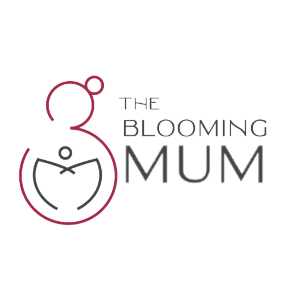In 2018, Harvard Business Review published a study highlighting the lack of diversity among top CEOs and focusing on the careers of African-American women who achieved high-level executive positions in various organizations. The study analysed 532 African-American women who graduated from Harvard Business School between 1977 and 2015. Among these women, 67 had reached top leadership positions, such as chair, CEO, or C-level executive in corporations, or senior managing director/partner in professional services firms.
30 of the 67 women were interviewed and here are the key findings from the study:
- Resilience emerged as the most crucial factor in their success, as they faced numerous obstacles due to race, gender, and other identities.
- The women developed three key skills that contributed to their resilience. These are emotional intelligence, authenticity, and agility.
- Emotional intelligence enabled them to manage their feelings, read interpersonal and political dynamics, and respond strategically to bias and stereotypes.
- Authenticity involved aligning their personal sense of self with outward expression, leading to transparent leadership and deeper engagement with their careers.
- Agility empowered them to transform obstacles into opportunities, navigate low expectations, and take unconventional career paths.
- Nurturing relationships and supportive contexts played a pivotal role in their success, with managers, mentors, and sponsors providing essential support and advocacy.
- The women faced the visibility/invisibility conundrum as they often stood out in predominantly white organizations. This brought both advantages and challenges. Managing between the extremes of hypervisibility and invisibility required navigating carefully and turning obstacles into opportunities.
Conclusion:
These findings offer valuable lessons for aspiring leaders and the lessons extend beyond African-American women. The women’s resilience, underpinned by emotional intelligence, authenticity, and agility, allowed them to thrive despite facing numerous challenges related to their race and gender. Resilience, emotional intelligence, authenticity, and agility are critical skills that can propel anyone’s career, but they are especially crucial for members of historically disadvantaged groups. By recognizing and supporting underrepresented groups to develop the skills they need, organizations can harness the power of diversity and drive meaningful change.
The full review can be found here.




